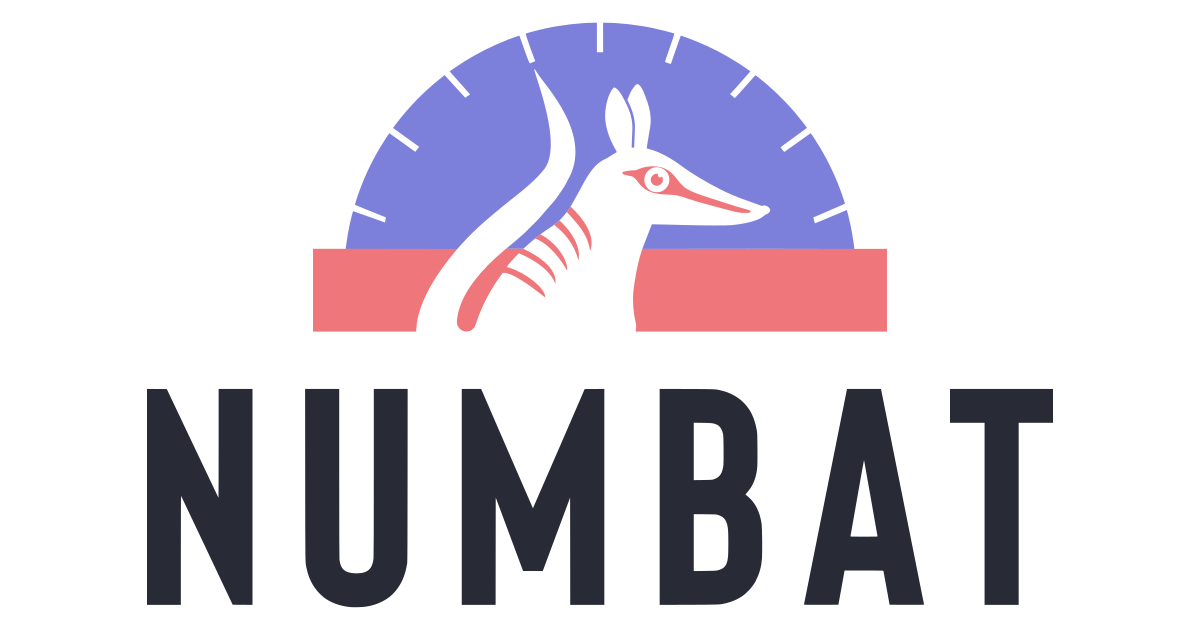bugsmith
- 15 Posts
- 18 Comments
I really like Nushell. I would not run it as a daily driver currently, as it mostly doesn’t win me over from Fish, feature-wise, but I love having it available for anything CLI date pipeline work I need to do.
Love this. Always interesting to see novel ways of querying data in the terminal, and I agree that jq’s syntax is difficult to remember.
I actually prefer nu(shell) for this though. On the lobste.rs thread for this blog, a user shared this:
| get license.key -i | uniq --count | rename license This outputs the following: ╭───┬──────────────┬───────╮ │ # │ license │ count │ ├───┼──────────────┼───────┤ │ 0 │ bsd-3-clause │ 23 │ │ 1 │ apache-2.0 │ 5 │ │ 2 │ │ 2 │ ╰───┴──────────────┴───────╯
Thanks. I didn’t know about these advanced libraries, and had not heard of C++ modules either. Appreciate the explanation.
I don’t code in C++ (although I’m somewhat familiar with the syntax). My understanding is the header files should only contain prototypes / signatures, not actual implementations. But that doesn’t seem to be the case here. Have I misunderstood, or is that part of the joke?
Honestly, for any large scale project in Python, Pydantic makes it bearable. We use Python heavily at work (and I’d argue we shouldn’t be for the projects we’re working on…), and Pydantic is the one library we’re using that I wouldn’t be without. Precisely because it allows us to inject some of these static typing concepts and keeps us honest, and our code understandable.
Yes! The concepts are intertwined. I think the key take away, for me, is to lean heavily into your type system and allow that to do some of the heavy lifting. Accept that something like a
usernameis not a string, but a subtype of a string (this has to be true if any validation is required, otherwise you’d just accept any valid string).
It’s one of my favourites. Something I revisit every couple of years.

 1·11 months ago
1·11 months agoThat one has been on my list for a while. Are you finding yourself able to easily apply what is taught to your day-to-day?

 8·11 months ago
8·11 months agoI have read a few of these books. As for non-fiction:
Pragmatic Programmer Excellent book; should be compulsory reading for all software developers.
The Phoenix Project Enjoyable enough. It’s a fictional story and has some extremely role-cast, trope filled characters. But its purpose is not to be a great novel. Its purpose is to teach the history of and purpose of how dev-ops came about. I think it’s worth reading. I’m yet to try the Unicorn Project which I understand is actually more about software.
Eloquent JavaScript I am not a huge fan of working with JavaScript or front end, but I did read this when I got placed on a long term project where I would be using it for the duration. I found this book excellent, and my JavaScript certainly benefitted from it.
I also read a bunch of the fictional books. Bobiverse is one of my favourite series ever, despite the weirdness of the fourth book (it was still good). I’m just over halfway through Children of Time, and seriously regret not picking it up sooner. Well kind of, if I had I suppose I wouldn’t be enjoying it so much now!

 4·11 months ago
4·11 months agoI believe the lower cable connects the two boards. The upper cable is for connecting to your device, so would only be connect to one of the boards when in use.

 3·11 months ago
3·11 months agoI use UK standard layout, and Apple UK for work. It always takes me a few minutes to switch between them, but both are absolutely fine for programming. Just the odd placement of
#that bothers me a little, but I tend to use that only for Python comments - which I tend to do more commonly from a keyboard shortcut anyway.

 100·1 year ago
100·1 year agoI particularly enjoyed a recent company meeting that spent considerable time talking about the importance of flow state. It had an awkward pregnant pause when someone (usually very quiet) unmuted to ask, “is the policy to increase the number of days we must spend in our open-plan office kind of undermining this?”. Literally all of our directors just shifted on their seats hoping another would answer that.
Eventually, HR director stated “Not at all, that’s what headphones are for!”
Which was particularly delightful, as our tech director had only 20 minutes before stated how he would like to discourage people sitting in the office in silos with their headphones on.

 321·1 year ago
321·1 year agoThey’re not really blaming capitalism for anything though? They’re just explaining how it works, and they’re right. In a market driven economy, you are paid for having a skill or some knowledge based on the demand of that skill or knowledge and nothing else. In the same way as the quality of your house has little bearing on it’s value when compared to it’s location. Not a criticism of capitalism.

 2·1 year ago
2·1 year agoThank you, that’s very kind of you - and I completely agree, healthcare works are so undercompensated for what they do, and yet so vital. I feel the least they deserve is a Christmas meal to celebrate the end of the year together.
I really appreciate your offer to contribute and share this on.

 2·1 year ago
2·1 year agoThat’s so interesting. I’m a developer myself, but haven’t ever tackled a making a framework. Having obviously dealt many times with assuming there must be a framework error after hours of debugging (usually to find out it was indeed a user error…), I can imagine the debacle of trying to figure that out while developing one!

 6·1 year ago
6·1 year agoWhat have been your biggest challenges as you’ve developed this?
I’d give it a go, and probably will at some point, but just don’t have time at the moment. But having had a cursory glance, I’m very impressed with the documentation. The framework looks similar enough to Vue and svelte that I feel it would be easy enough for most frontend devs to pick this up quite quickly.

 1·1 year ago
1·1 year agoLike many others here, at the company I work for you get nothing.
I do one on-call shift as primary per week and one as secondary. I then also cover a week every six weeks or so.
If shit really hits the fan, them work is pretty cool about taking some time back, but we’re far from micromanaged as it is, so we can just kind of make it work.
I’d say an incidency probably occurs on around half of my primary shifts (and I’ve yet to ever do anything as secondary), and nearly always it was something I could resolve within one hour.
Every dev at the company is on the rota once they’ve got a few month’s experience.
Based in the UK.









Totally agree. Like most “rules”, it just needs treating with nuance and context.